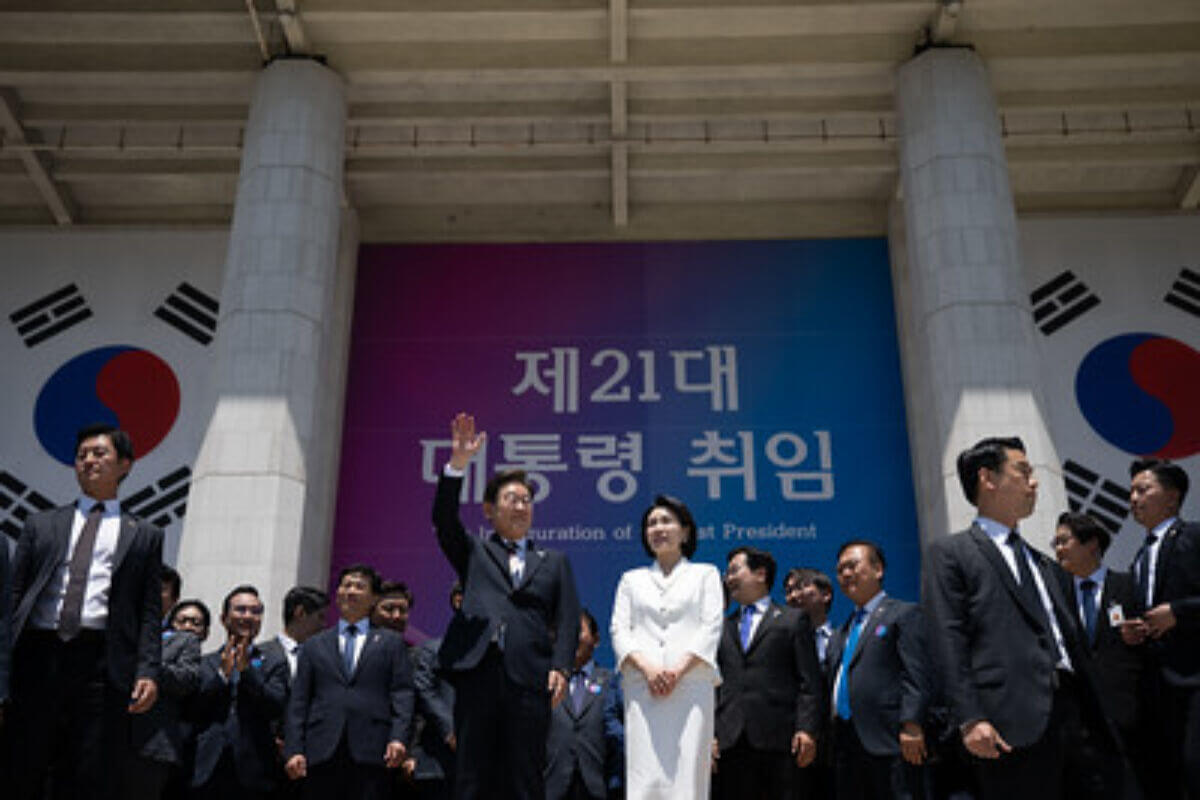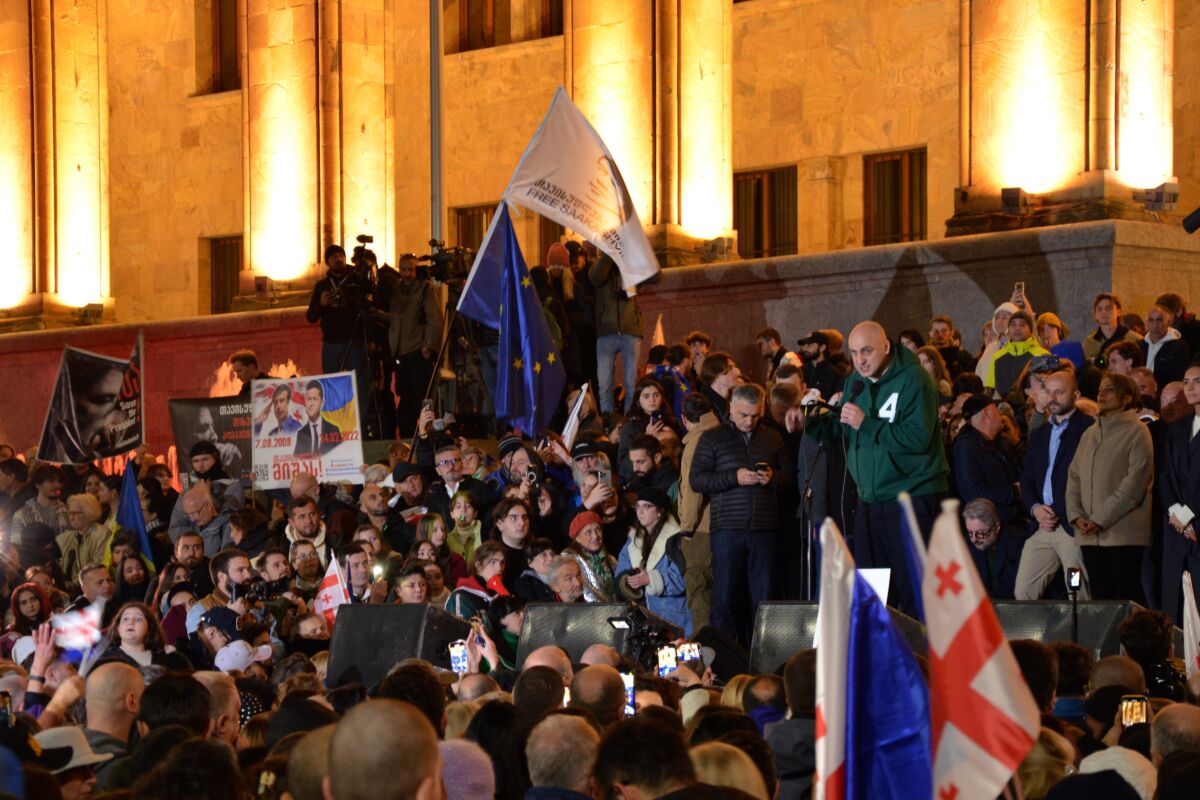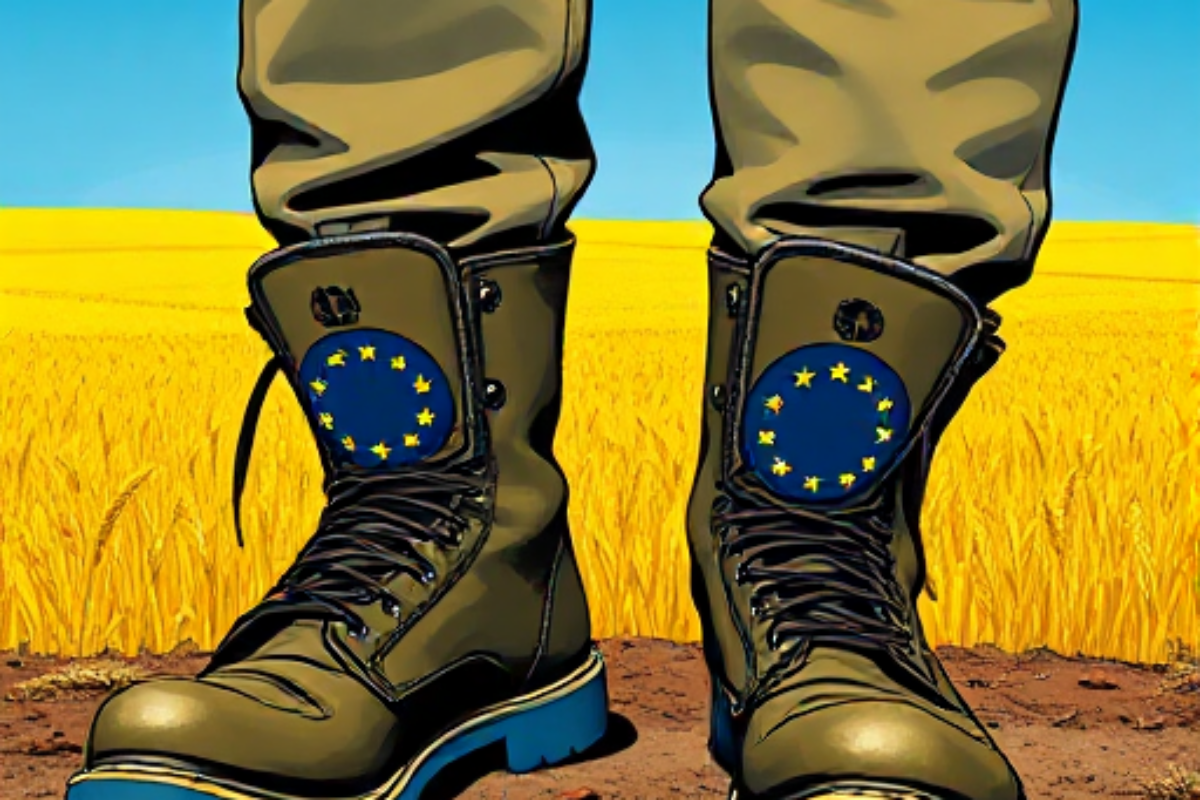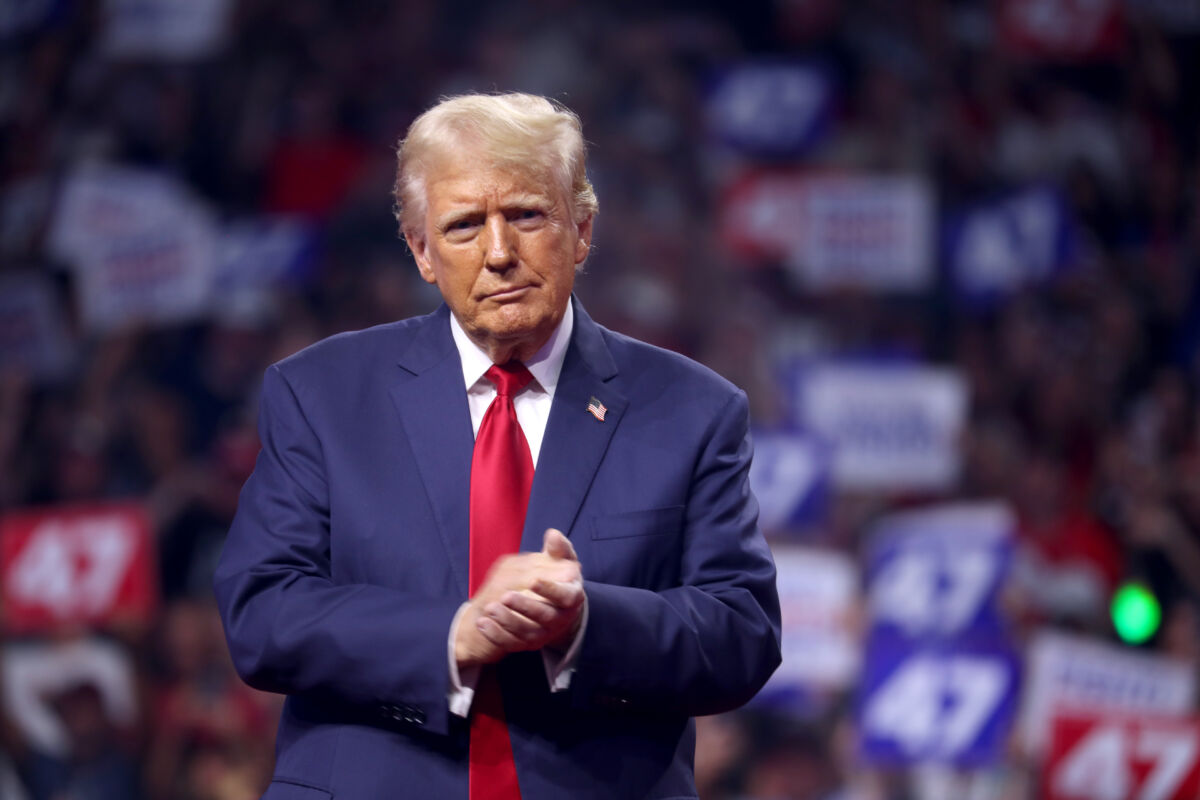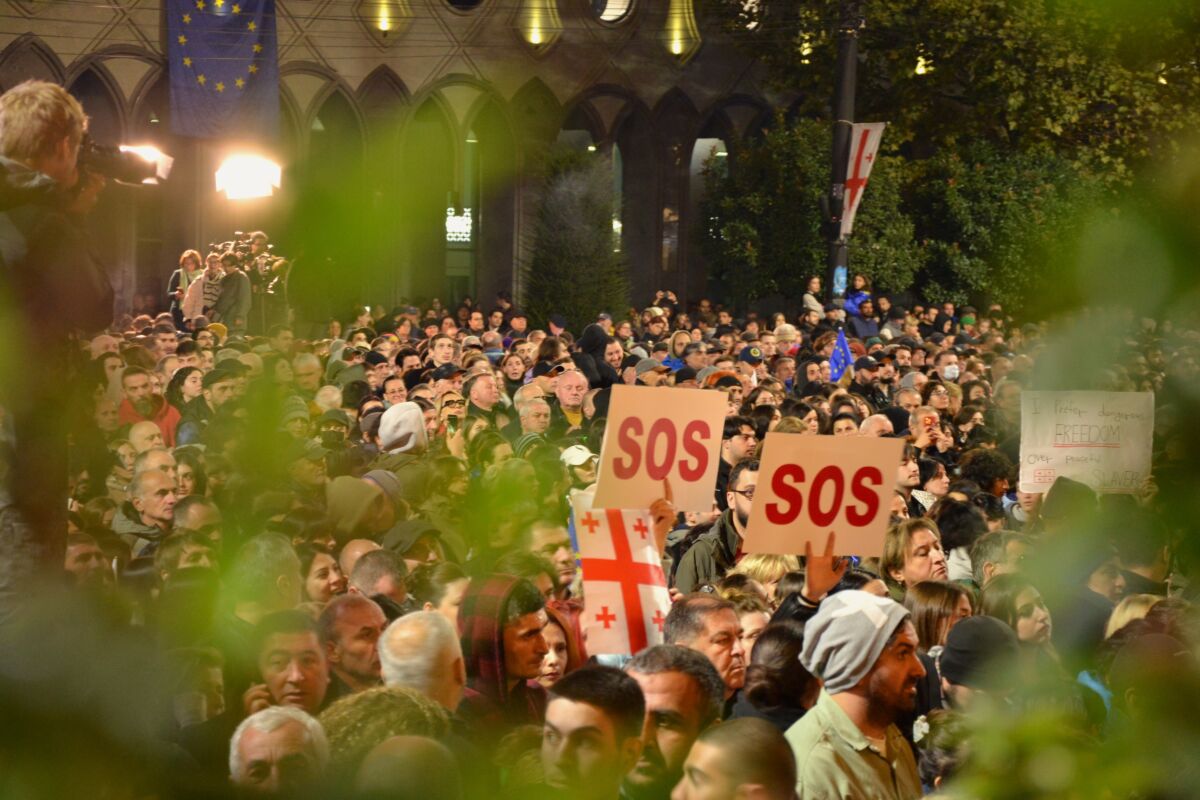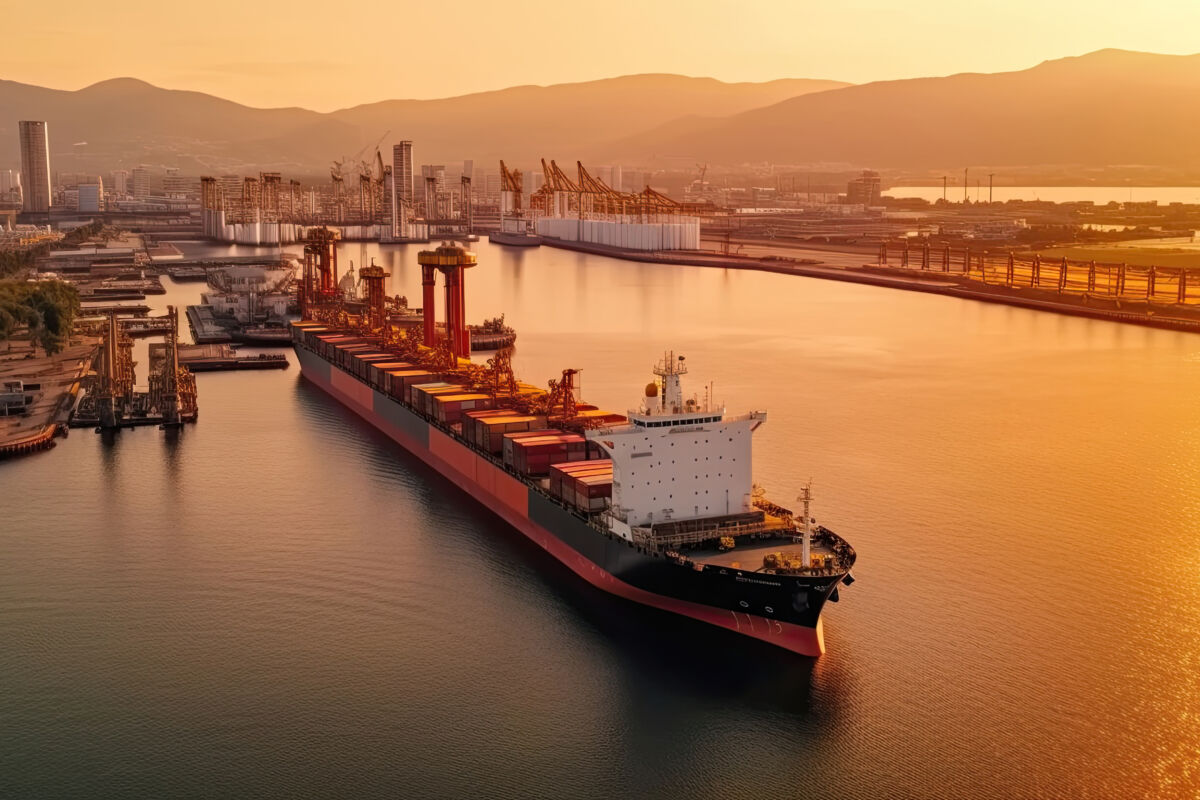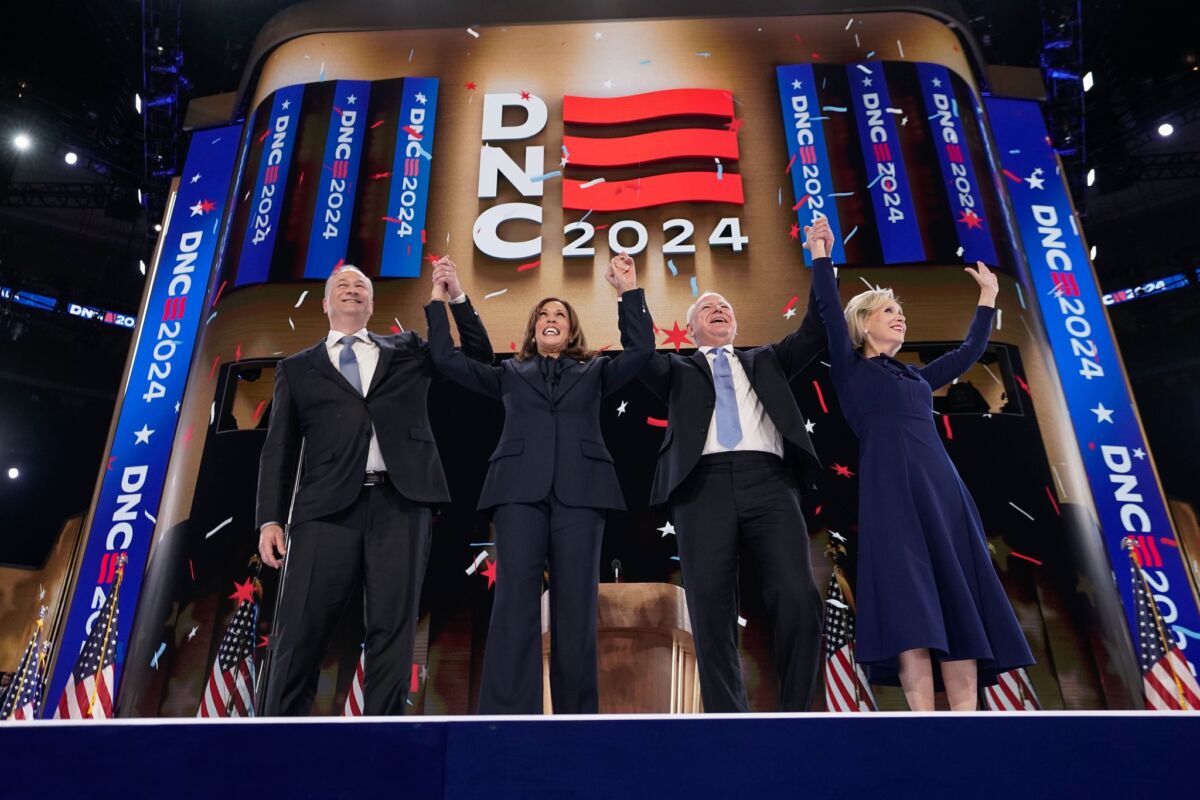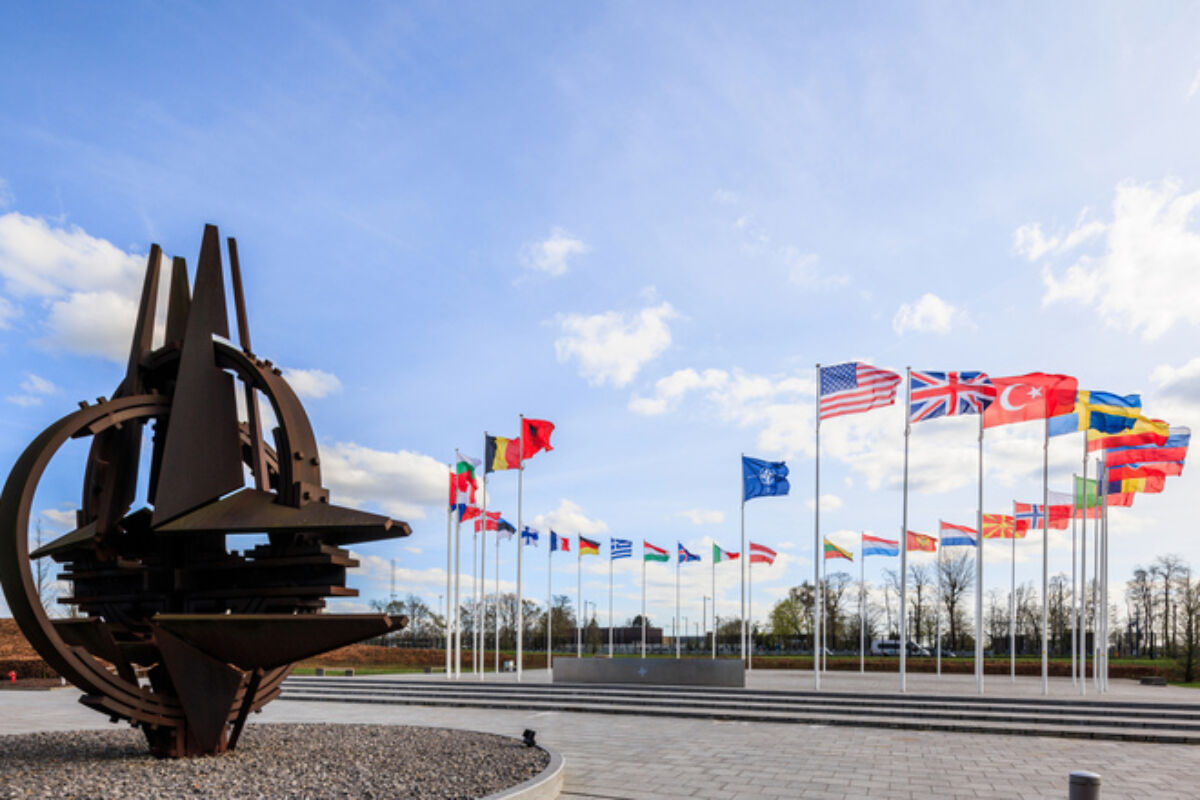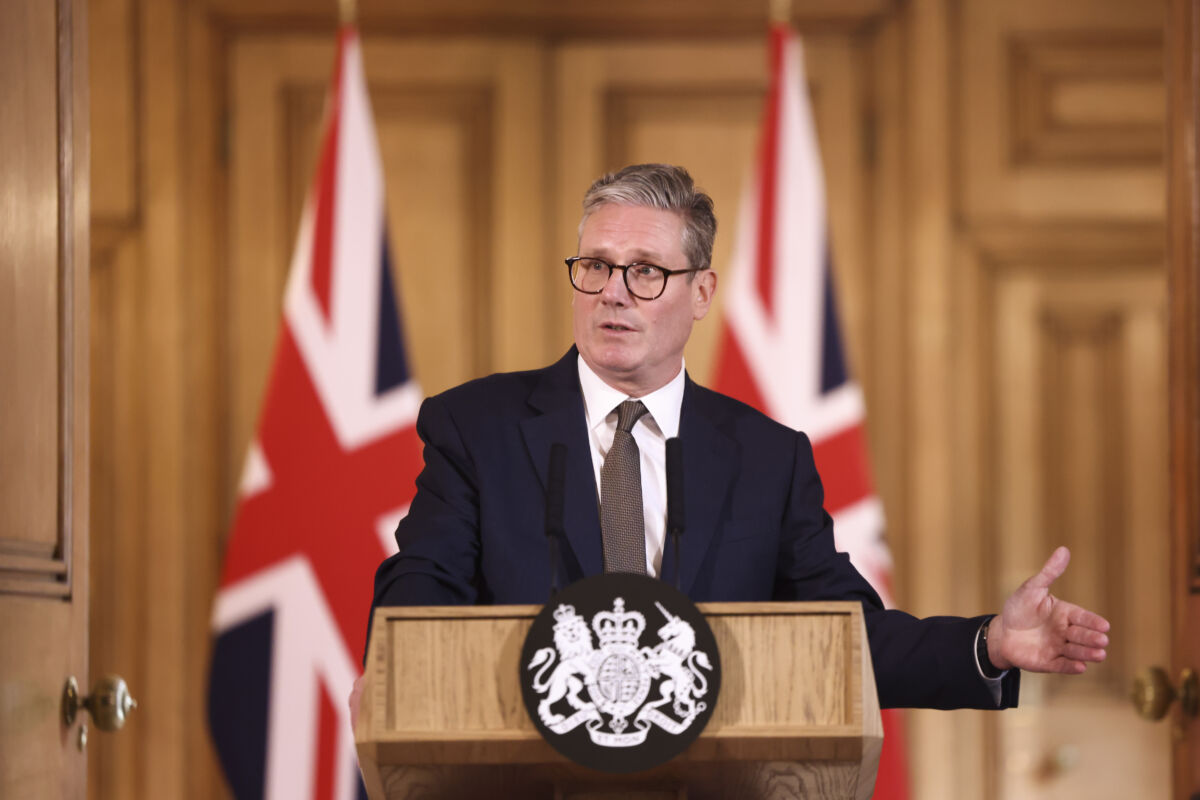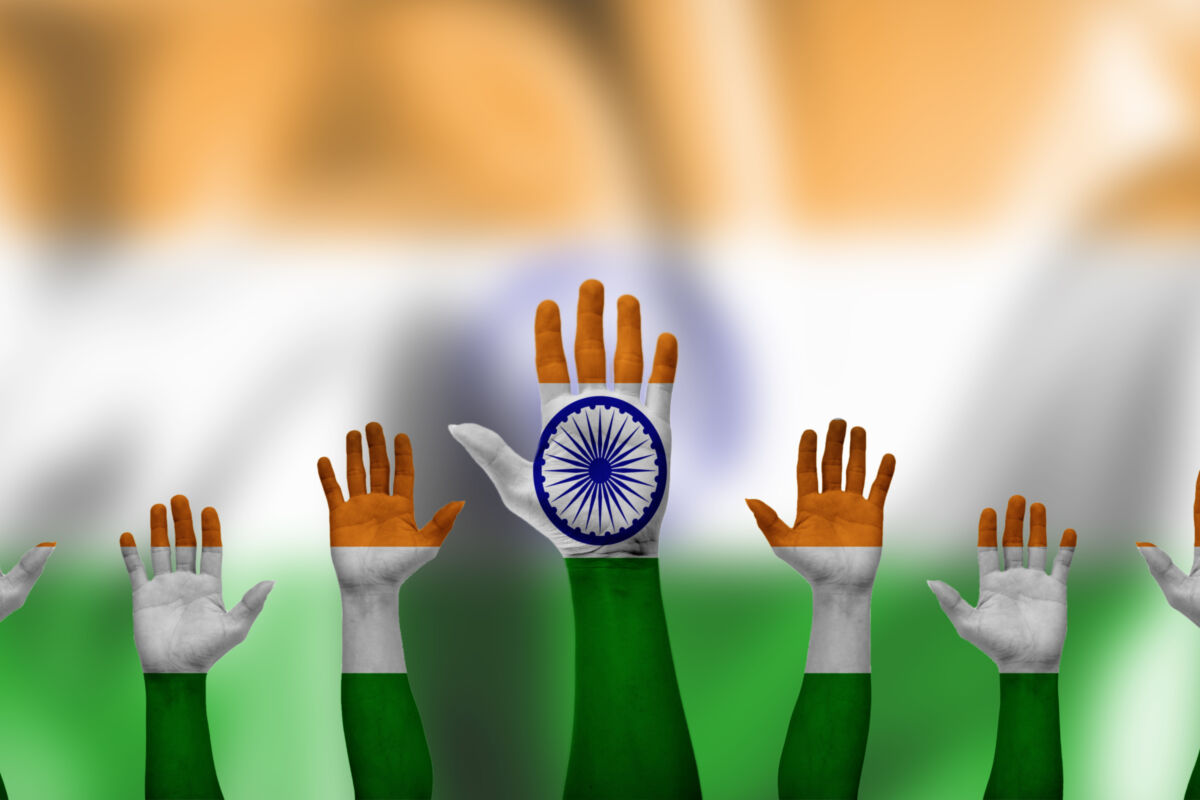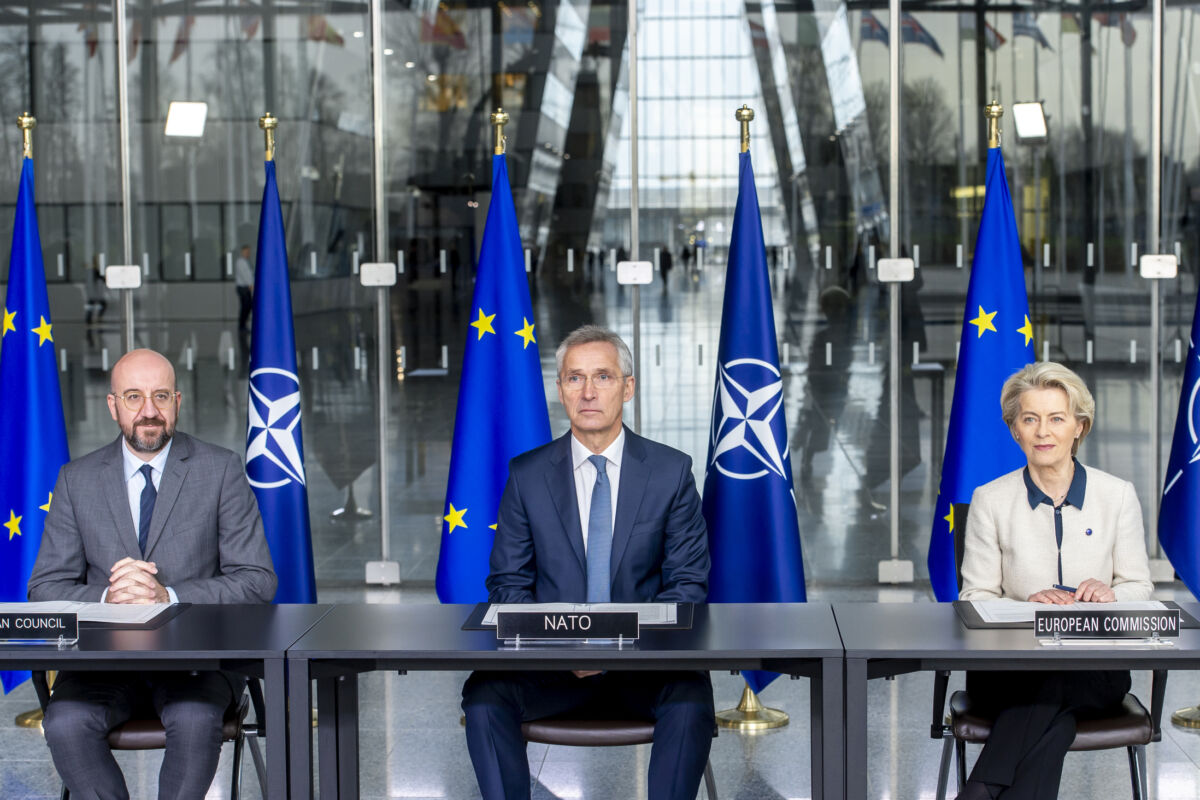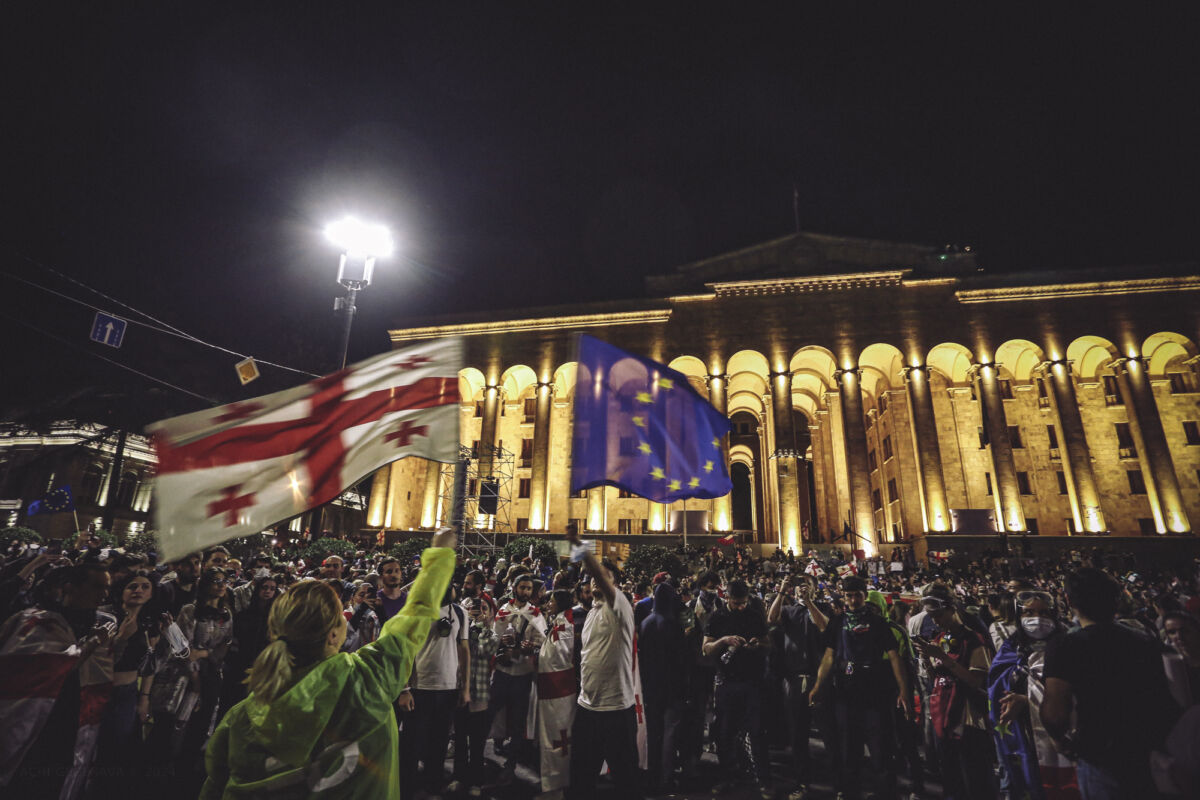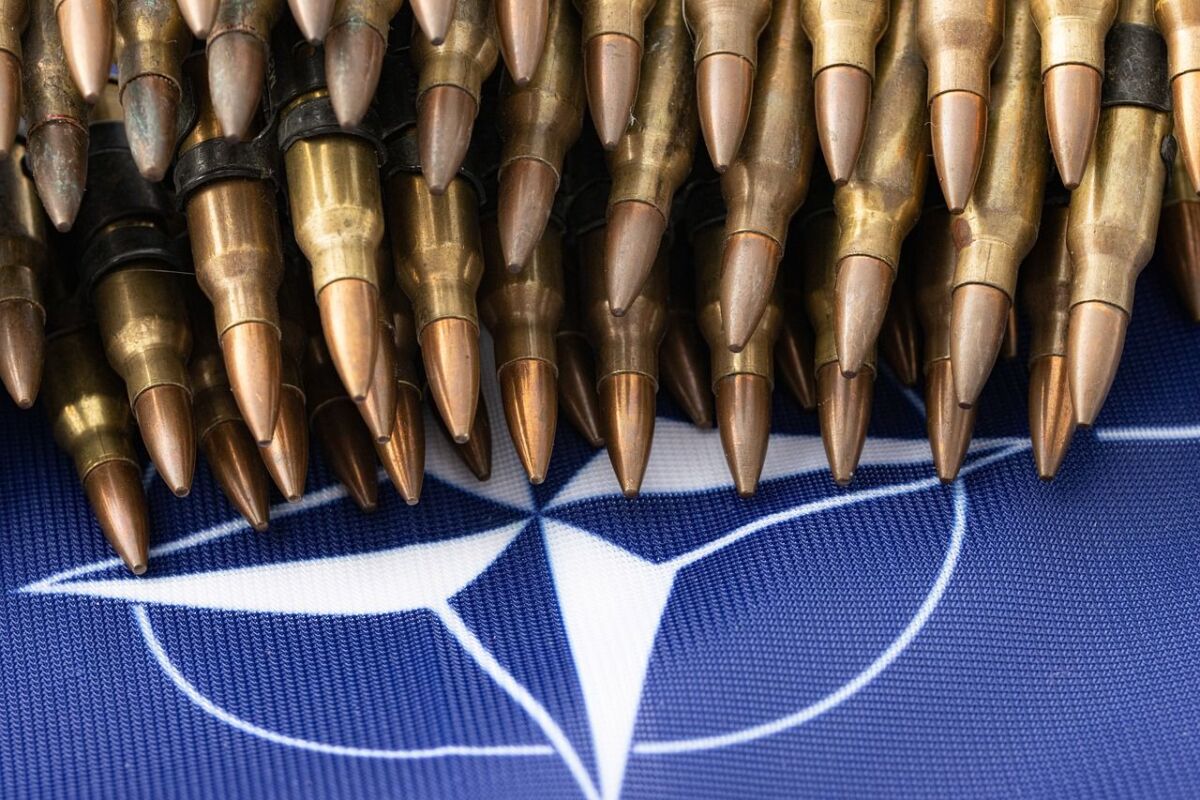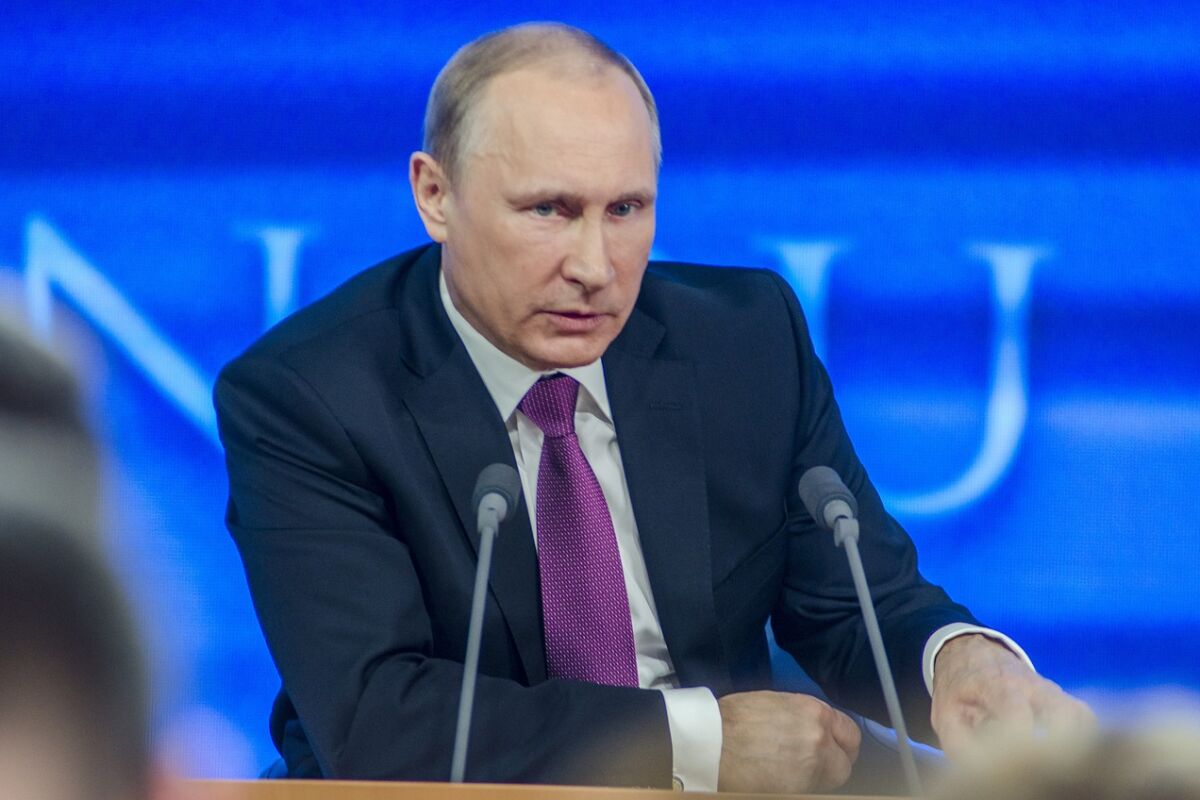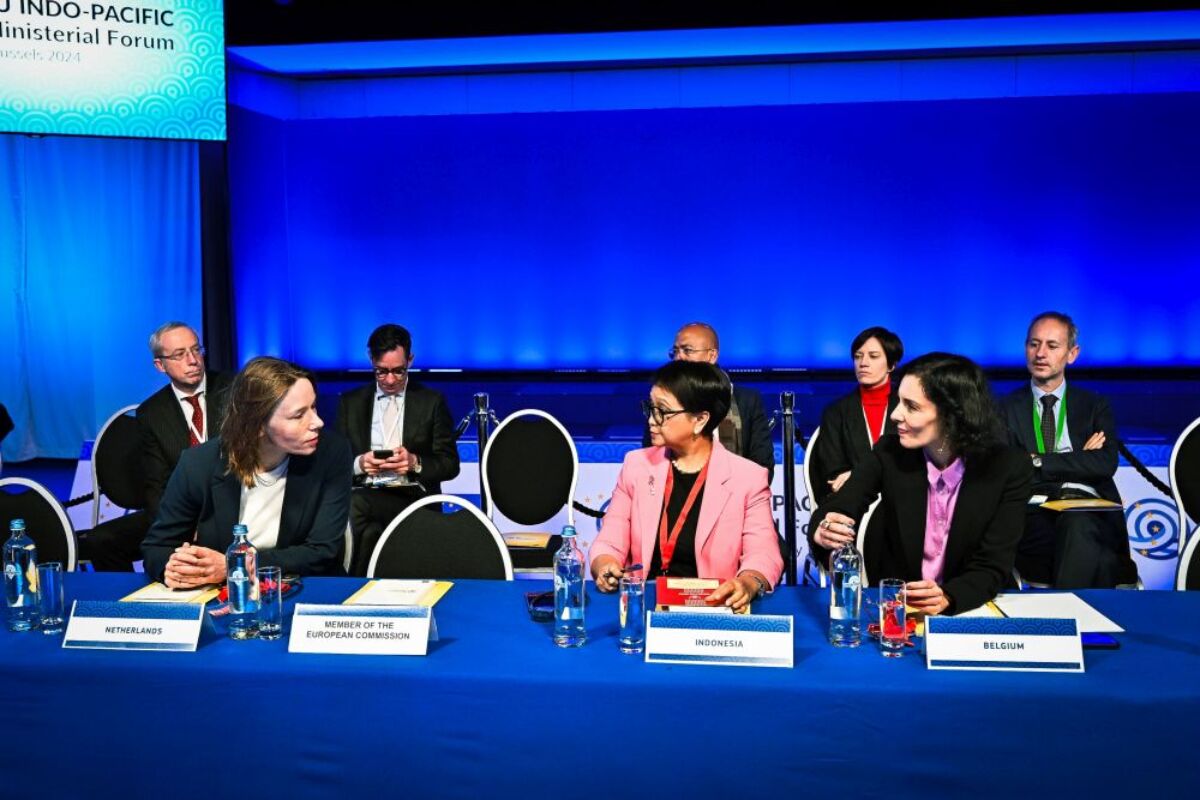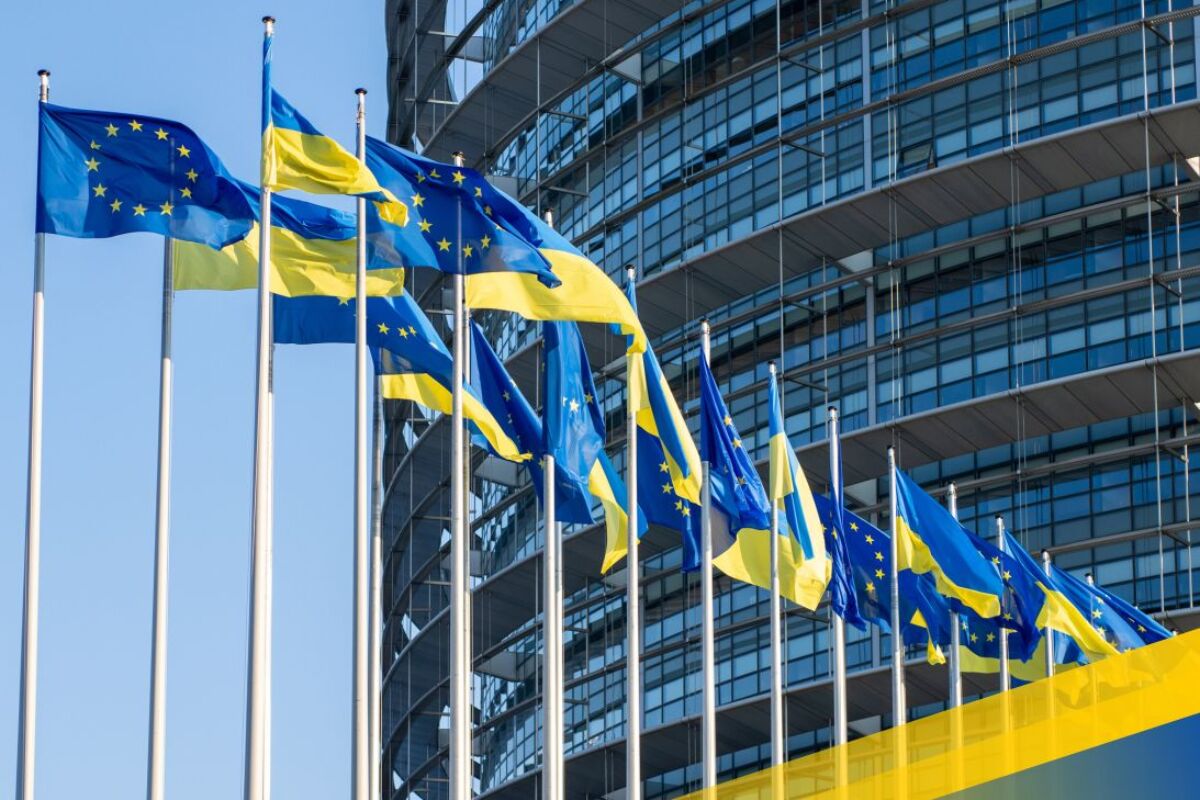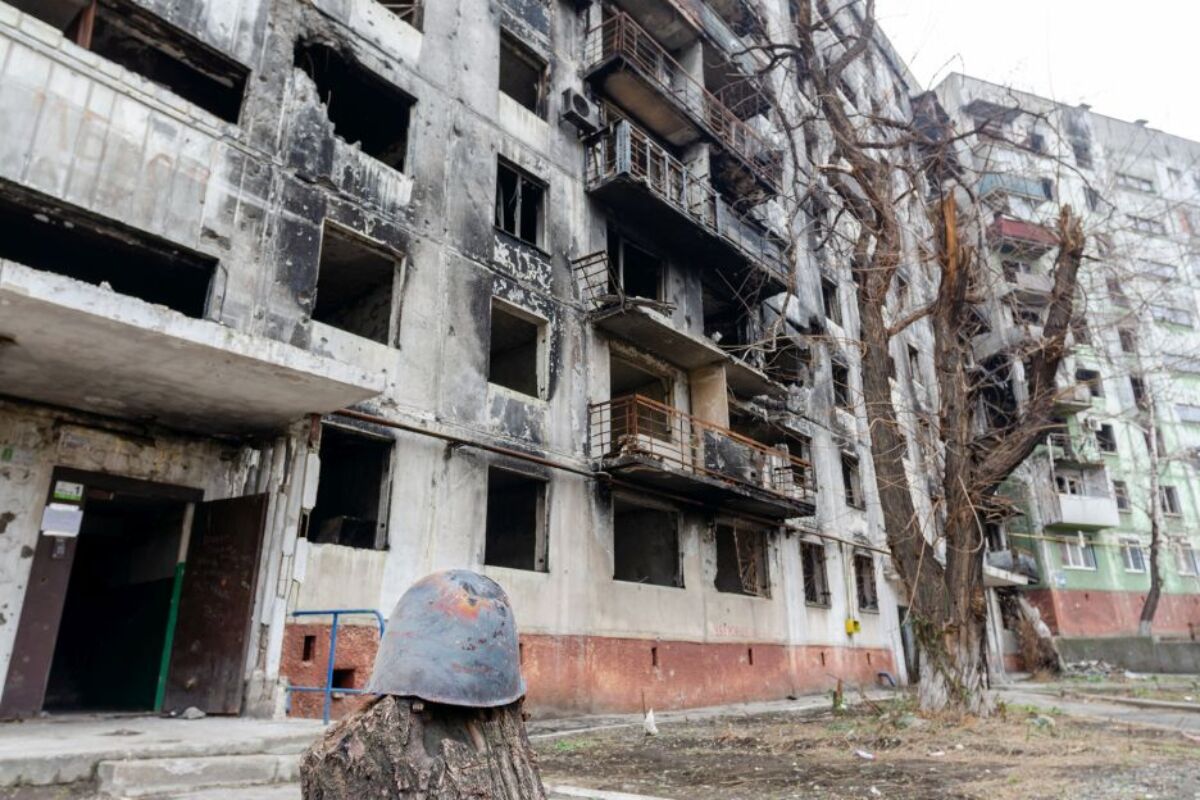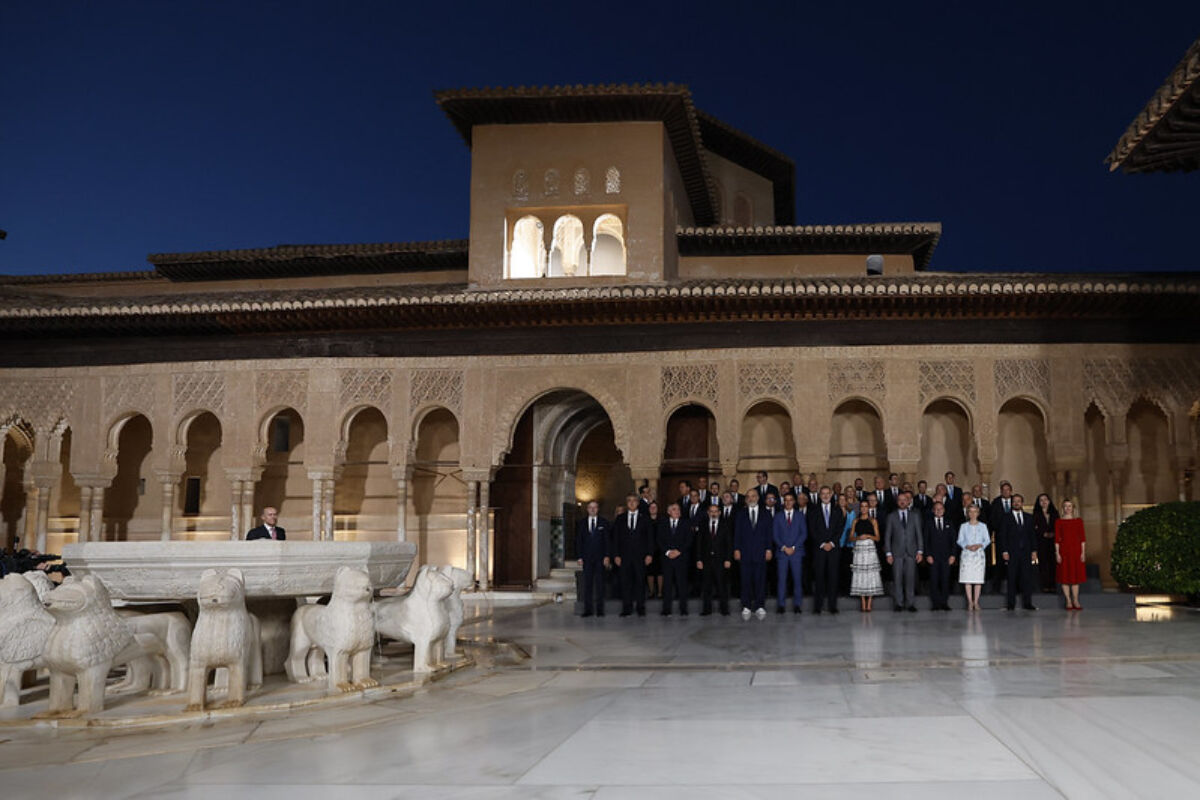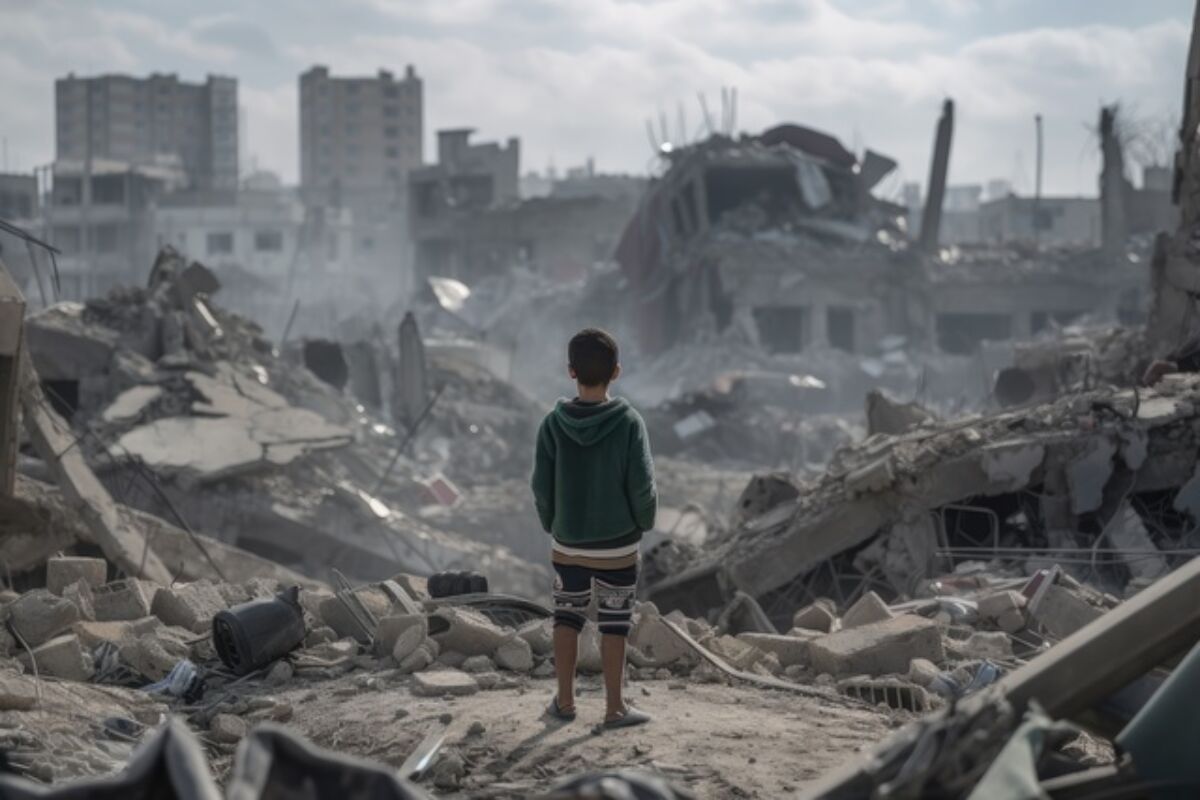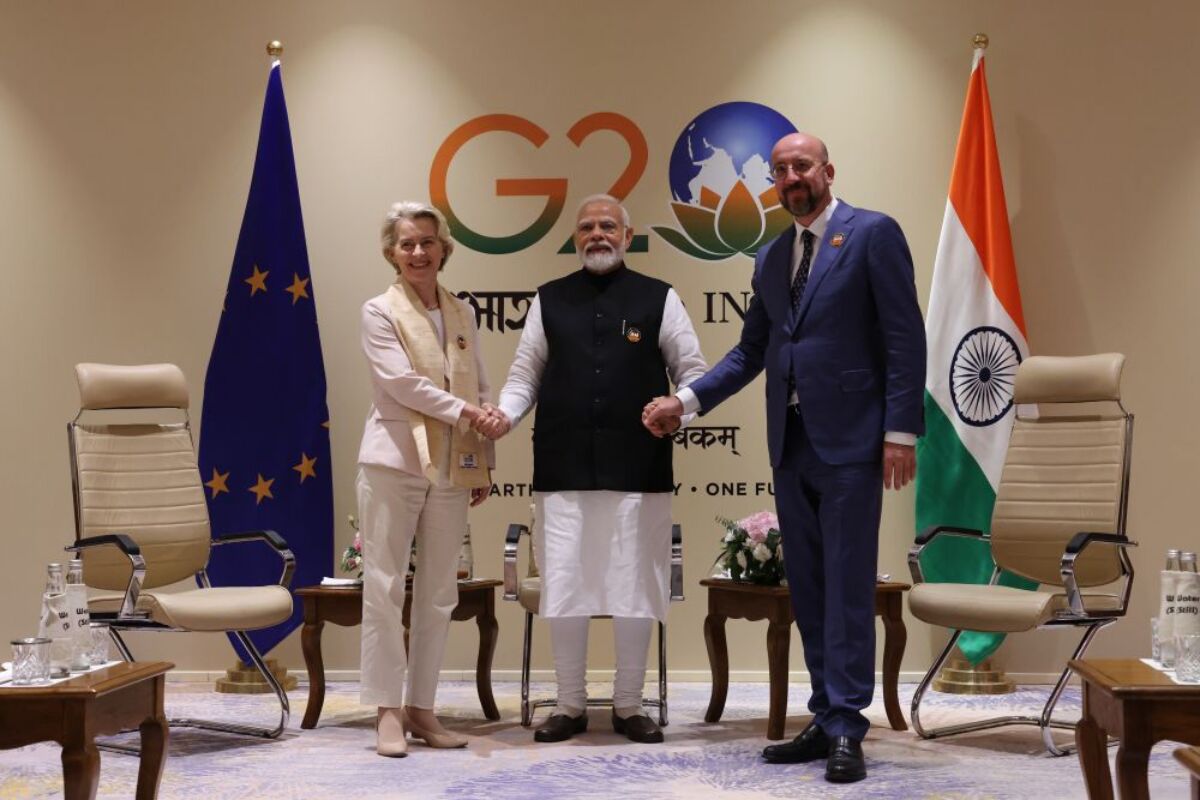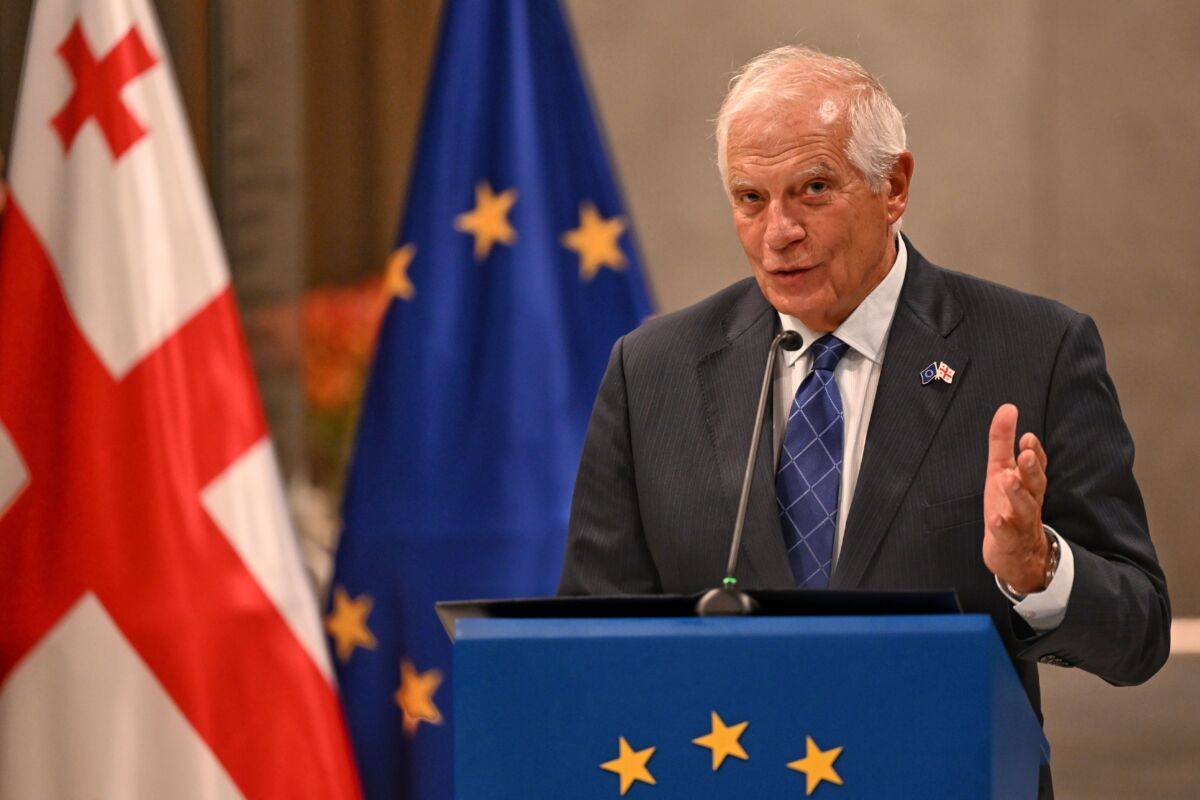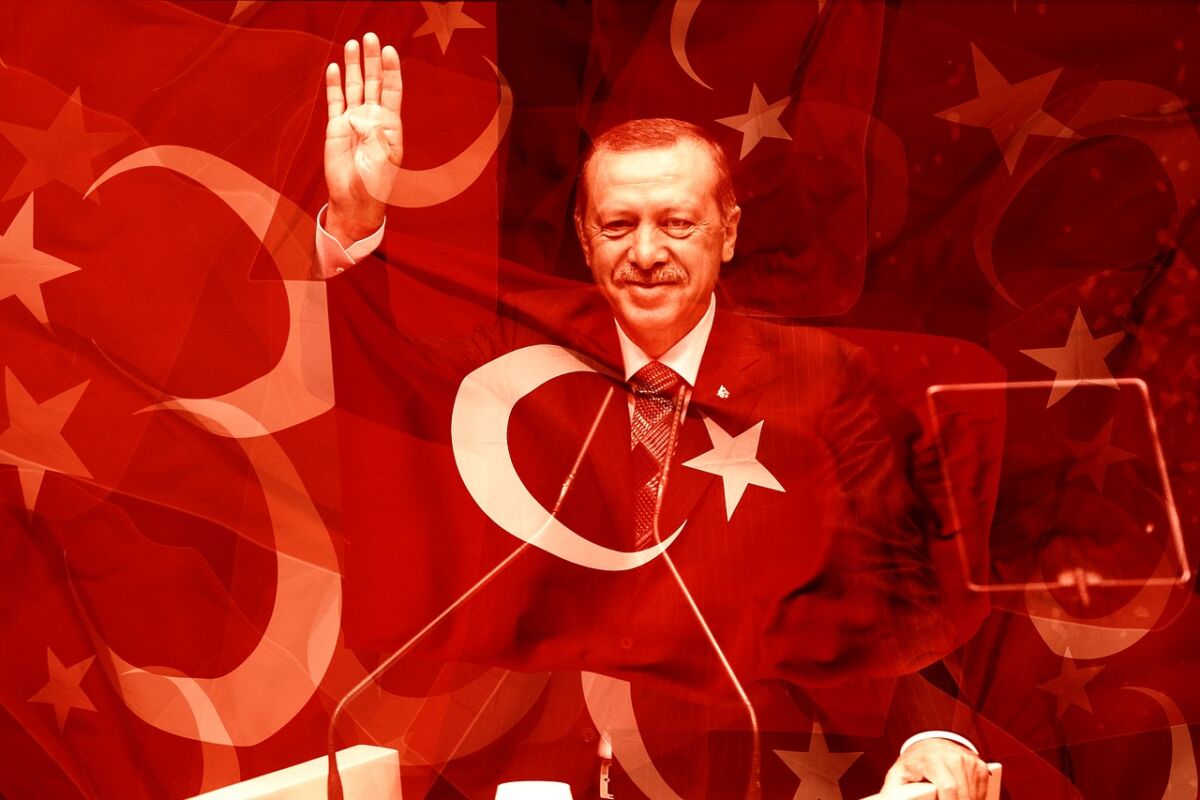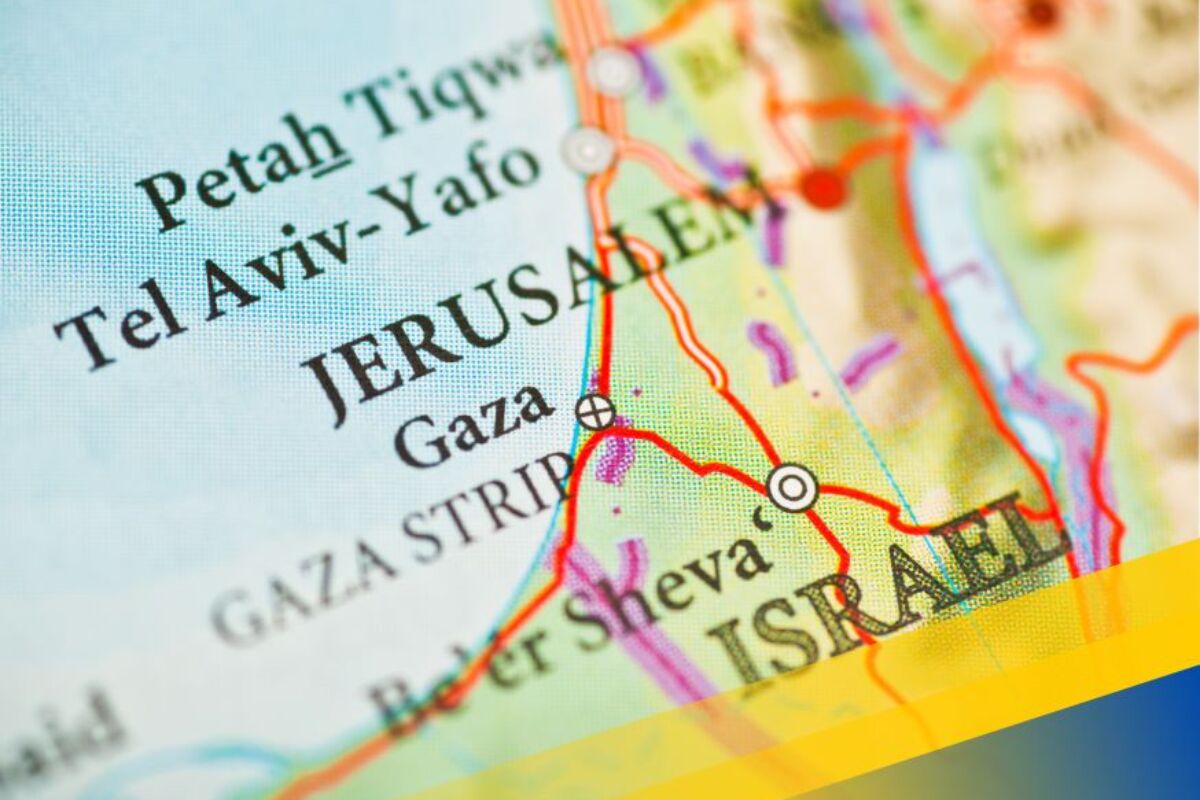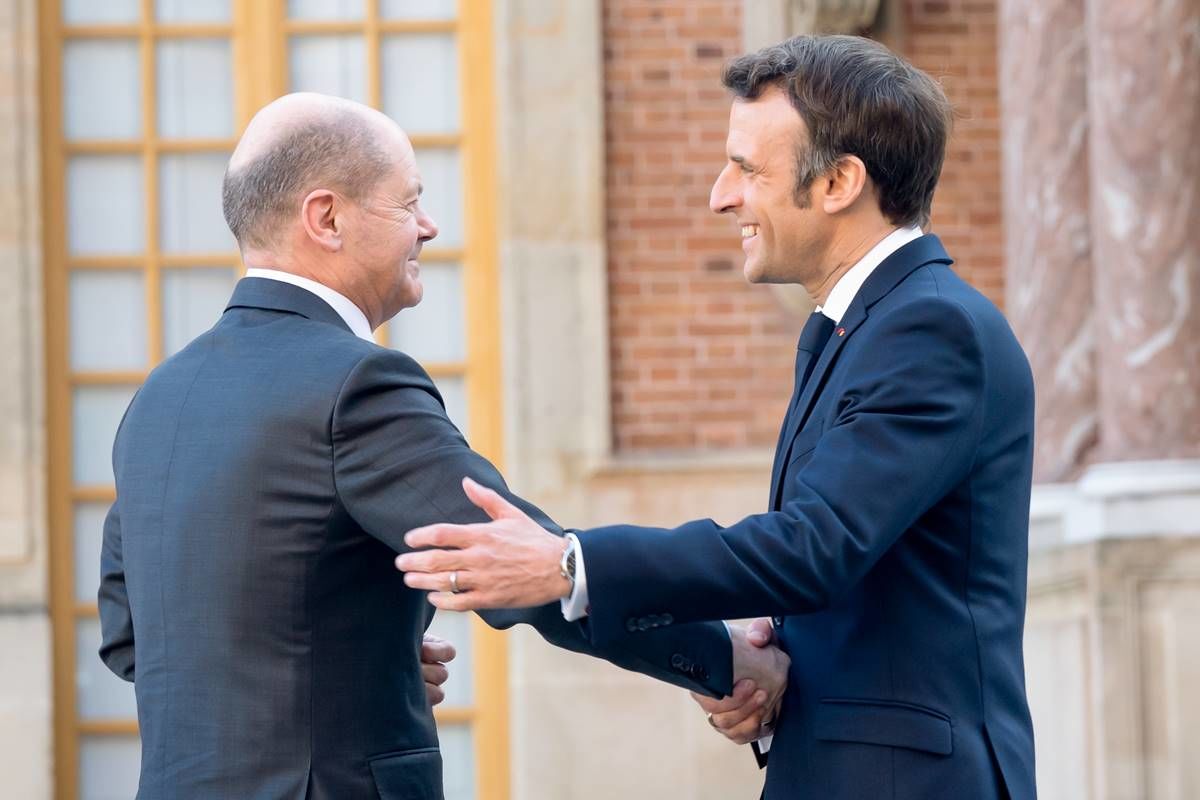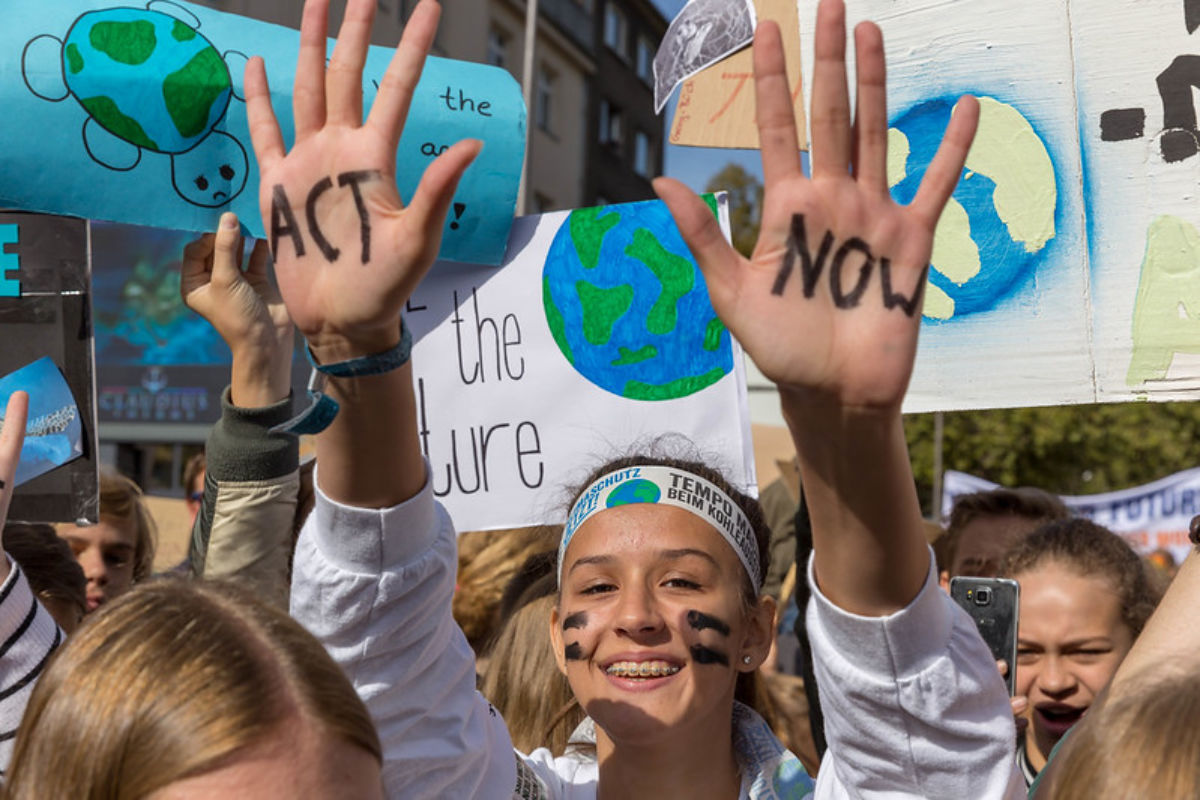With Israel on the warpath around the region, despite international efforts to shift the conflicts from the battlefield to the negotiation table, there are growing fears about the consequences for the wider world, including in the EU.
Whether the US can rein in Israel’s military machine is an open question. The record doesn’t bode well. Months of US-facilitated talks on ceasefires in Gaza and lately at the UN on Lebanon have had very little effect on Israel. That’s because Benjamin Netanyahu has realised that it’s in his interests to undermine these negotiations – perhaps believing that endless fighting rather than sitting down to actually talk helps to keep him and his extremist allies in power.
He may be right. Spurred by perceptions of military prowess and a classic ‘rally round the flag’ mentality, recent polls in Israel show growing public support for his government, as the memory of his intelligence failures a year ago fades.
One thing is clear – this Israeli administration is probably the least interested in peace since Israel’s founding in 1948 when it comes to addressing the conflicts’ root cause, namely peace with the Palestinians. Netanyahu is on the record as being fiercely opposed to any two-state solution and has constantly eschewed any peace process.
To make matters worse, a year on from 7 October, Israel has yet to articulate a longer-term political strategy for ‘the day after’ the guns fall silent. Many fear that their intentions might involve the (re)occupation of Gaza and south Lebanon, and the theft of more Palestinian land for illegal West Bank settlements, a recipe for a true ‘forever war’. Yet another angry generation is growing up amidst the unprecedented carnage and rubble of Gaza and elsewhere.
With the US preoccupied with its upcoming election, Washington’s impotence will probably continue for some time. Should Trump prevail, American support for peace efforts may well evaporate entirely.
Why should the EU act?
Against this grim background, is there anything that the EU can – or indeed should – do?
High Representative Josep Borrell has tried hard to make the case for diplomacy and together with the Commission has kept up humanitarian aid efforts. But political divisions over Israel run deep among Member States and even within the EU institutions.
No surprise then that Europe’s influence with Israel is strictly limited and its image in Palestine and the wider world has taken a major hit – there’s a widespread perception that it has failed to sufficiently call out Israel’s massively disproportionate response to the albeit horrific Hamas attacks.
The stark contrast with the EU’s consistent and unified support for Ukraine’s resistance against Putin’s invasion has led to increasingly loud accusations of double standards.
That said, there are value and interest-based reasons for the EU to act. Public opinion across the EU has been energised by the dire humanitarian situation in Gaza, West Bank and now in Lebanon, and pro-Palestinian demonstrations continue across almost the entire continent.
Moreover, the conflict’s fallout is beginning to directly affect the EU’s economy – the oil price jumped by nearly 10 % within a week, with markets jittery about a possible Israeli attack on Iran’s oil installations, or worse, its nuclear facilities, something that could halt efforts to prevent Tehran producing its own bomb. Houthi attacks on Red Sea shipping continue to dog EU trade flows.
There’s also a very real danger of renewed threats to the EU from radicalisation and migration pressures – there are already over a million people displaced in Lebanon, many of them Syrian refugees.
And the EU has a strong interest in salvaging its reputation in the so-called Global South, as it ramps up its geopolitical efforts to compete for influence with China, Russia and others.
So, what could be done?
There are four main areas where, if (and it’s admittedly a rather large ‘if’) it can conjure up the political will, the EU could send a strong message to Israel. At the same time, it could offer a little hope to mainstream moderate Palestinians and their supporters that the EU believes what it says when it talks about a two-state solution, even if this remains as elusive as ever.
First, a review of the EU-Israel Association Agreement, something proposed earlier this year by Ireland and Spain based on Israel’s failure to respect the agreement’s human rights clause in Gaza. This could lead to a full or partial suspension of the preferential trading arrangements Israel enjoys with its main trading partner (the EU accounts for a third of Israel’s commerce) as well as its highly valued scientific cooperation under Horizon Europe.
Second, robust and vocal support for the recent International Court of Justice confirmation that Israel’s occupation is illegal, backed up by a complete ban on trade involving settlement goods and services (the present restrictions are not fully enforced), and extending sanctions on those in Israel who promote settlement expansion and defend the ongoing violence. Should the International Criminal Court issue arrest warrants for Hamas’ Yahya Sinwar, Netanyahu and Israeli defence minister Yoav Gallant, it should also receive the EU’s full backing.
Third, a renewed push to get the 15 Member States which have yet to officially recognise the State of Palestine to do so, thus making it clear that the EU, along with the great majority of UN members, is serious about Palestinian statehood.
Last but by no means least, a ban on arms shipments to Israel, using existing EU arms export control procedures, which include respect for human rights and international humanitarian law as a key criterion governing export licences. Spain and France, among others, have already made it clear that they support this but other Member States, notably Germany (Israel’s main EU supplier), should follow suit.
None of these measures are likely to happen soon, as the EU institutions are preoccupied with confirming the new Commission and the world eagerly awaits the outcome of the US election.
But as soon as the new Commission is in place, and if diplomacy remains sidelined, these measures should all feature strongly on President von der Leyen and new High Representative Kallas’ agenda. Even if it’s not at all certain that they would receive the necessary support, the mere fact that they could be discussed might have a significant effect, not only on political leaders but also on their publics, especially in Israel.
Israelis and their leaders could finally be made more aware of the potential costs of endless war and the pressing need for a political solution.



